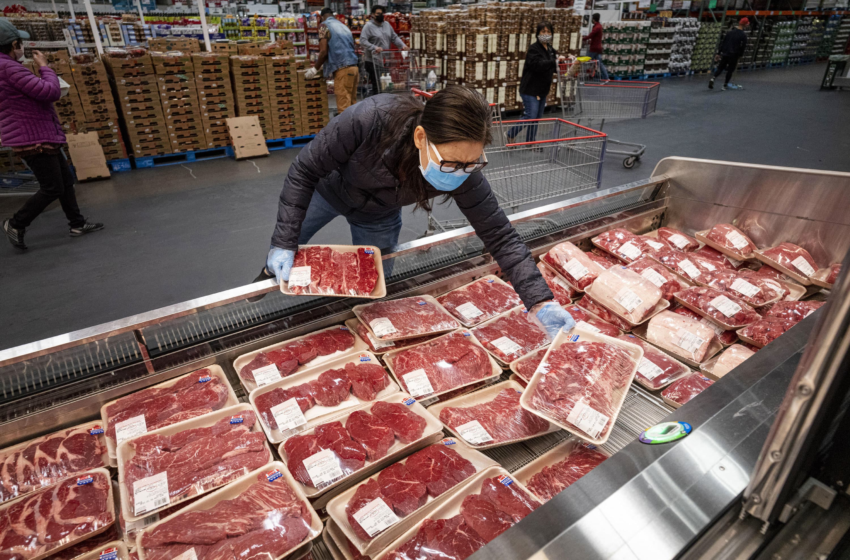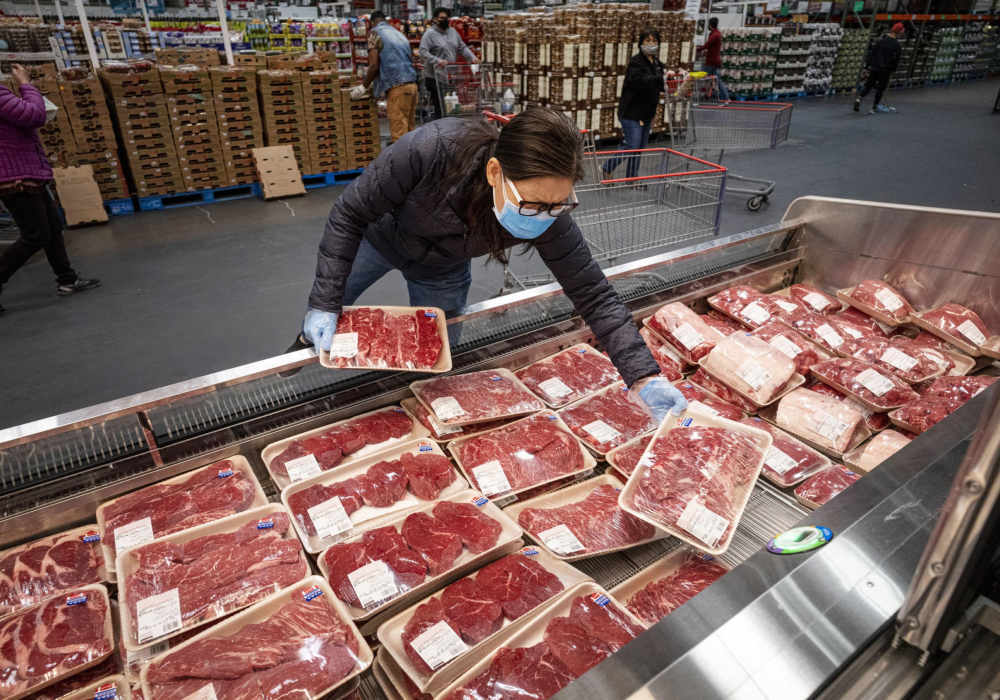Wholesale prices increased at their quickest pace on record in November in the latest sign that the inflation pressures bedeviling the economy are still present, the Labor Department reported Tuesday.
The producer price index for final demand increased 9.6% over the previous 12 months after rising another 0.8% in November. Economists had been looking for an annual gain of 9.2%, according to FactSet.
Excluding food, energy and trade services prices rose 0.7% for the month, putting core PPI at 6.9%, also the largest gain on record. Estimates were for respective gains of 0.4% and 7.2%, meaning the monthly gain was faster than estimates but the year-over-year measure was a bit slower.
The Labor Department’s record keeping for the headline number goes back to November 2010, while the core calculation dates to August 2014.
Those numbers come with headline consumer prices running at their fastest pace in nearly 40 years and core inflation the hottest in about 30 years.
Demand for goods continued to be the bigger driver for producer prices, rising 1.2% for the month, a touch slower than the 1.3% October increase. Final demand services inflation ran at a 0.7% monthly rate, much faster than the 0.2% October rate and a sign that the services side could be catching up in prices after lagging through much of the recovery.
Stock indexes were mixed following the release, as investors see inflation and the strong potential for a Federal Reserve policy response as threats to what has been a boom year for equities.
The Fed begins its two-day meeting Tuesday, with expectations running high that it will remove its economic help more quickly and start raising interest rates around the middle part of 2022.
Fed officials for months had been insisting that inflation was “transitory” and closely tied to Covid pandemic-related factors that eventually would fade. However, in recent days Chairman Jerome Powell and others have indicated that word no longer is appropriate and likely will be dropped from future central bank communications.
Supply chain bottlenecks and surging demand have been the primary drivers of inflation, and have eased only marginally.
Final demand energy prices jumped another 2.6% in November despite sliding crude prices, while food was up 1.2%. Transportation and warehousing increased 1.9%, while portfolio management spiked 2.9%.
Elsewhere, iron and steel scrap prices surged 10.7%, and a host of others costs including gasoline, fruits and vegetables and industrial chemicals also increased. Diesel fuel costs were down 2.6% for the month, while chemicals and allied products wholesaling declined 1.3%.










